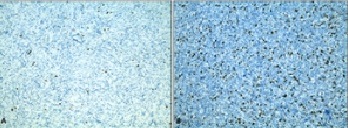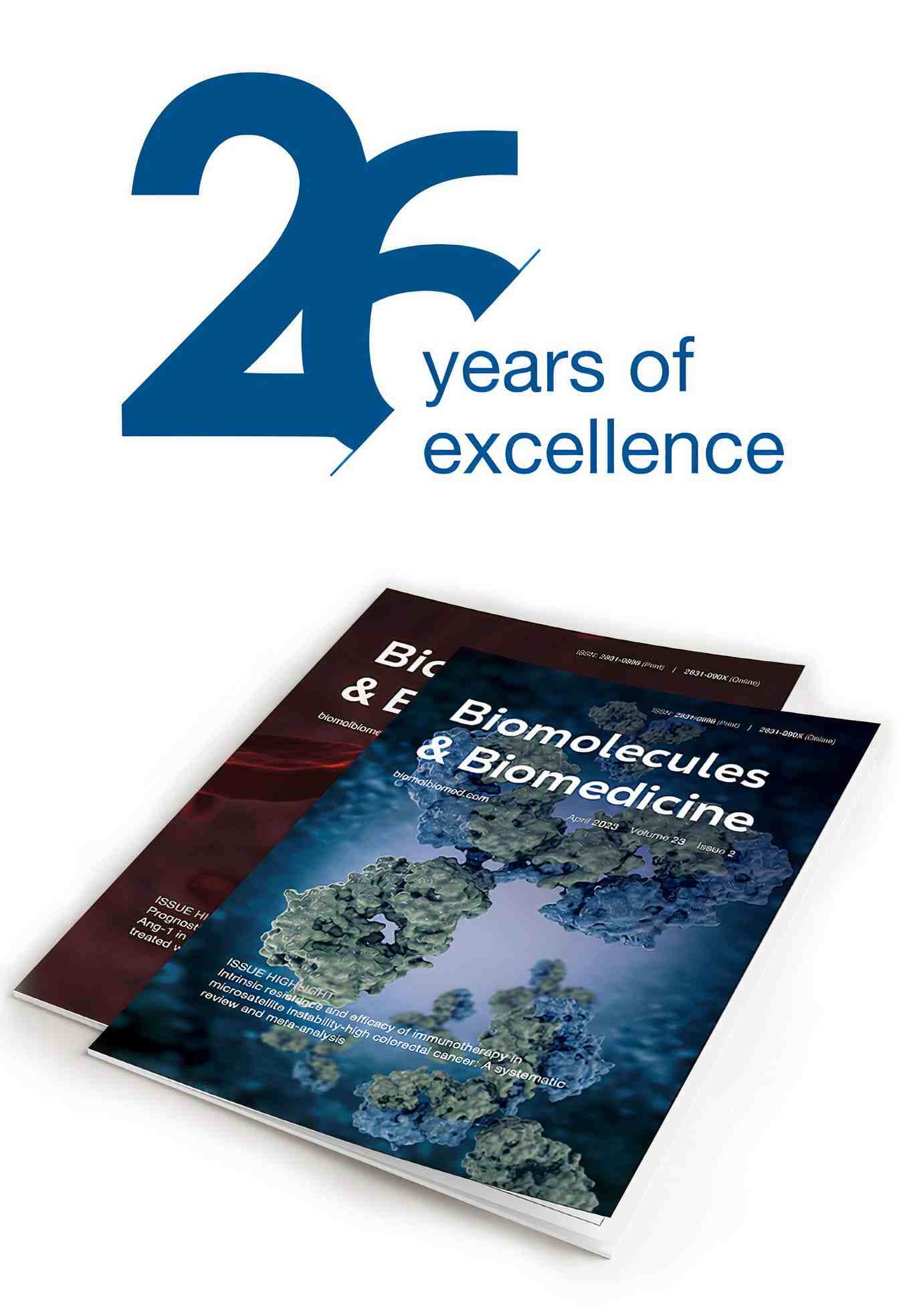The Ki-67 proliferation index predicts recurrence-free survival in patients with dermatofibrosarcoma protuberans
DOI:
https://doi.org/10.17305/bjbms.2020.5088Keywords:
Dermatofibrosarcoma protuberans, Ki-67 proliferation index, disease recurrence, prognosisAbstract
Dermatofibrosarcoma protuberans (DFSP) is an uncommon soft tissue sarcoma that originates from the dermis or subcutaneous tissue in the skin. While its prognosis is generally favorable, disease recurrence is relatively frequent. Because morbidity after repeated surgery may be significant, an optimized prediction of recurrence-free survival (RFS) has the potential to improve current management strategies. The purpose of this study was to investigate the prognostic value of the Ki-67 proliferation index with respect to RFS in patients with DFSP. We retrospectively analyzed data from 45 patients with DFSP. We calculated the Ki-67 proliferation index as the percentage of immunostained nuclei among the total number of tumor cell nuclei regardless of the intensity of immunostaining. We constructed univariate and multivariate Cox proportional hazards regression models to identify predictors of RFS. Among the 45 patients included in the study, 8 developed local recurrences and 2 had lung metastases (median follow-up: 95.0 months; range: 5.2−412.4 months). The RFS rates at 60, 120, and 240 months of follow-up were 83.8%, 76.2%, and 65.3%, respectively. The median Ki-67 proliferation index was 14%. Notably, we identified the Ki-67 proliferation index as the only independent predictor for RFS in multivariate Cox proportional hazards regression analysis (hazard ratio = 1.106, 95% confidence interval = 1.019−1.200, p = 0.016). In summary, our results highlight the potential usefulness of the Ki-67 proliferation index for facilitating the identification of patients with DFSP at higher risk of developing disease recurrences.
Downloads














